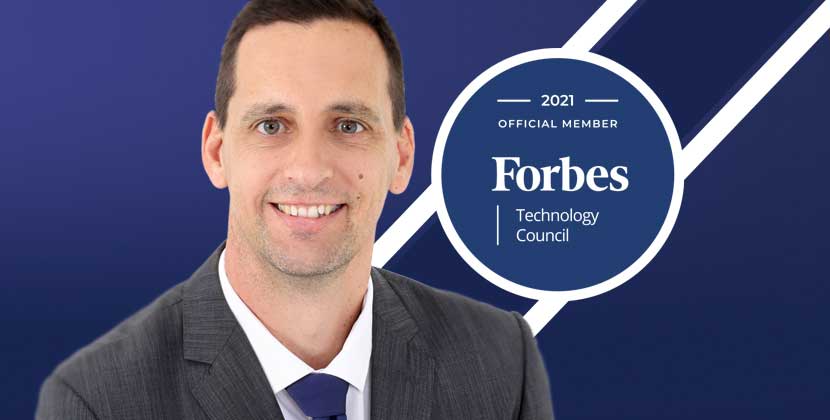The commercial real estate outlook for 2021 in the United States
Changes to the global investment market from 2020 leading into 2021 have been affecting commercial real estate, and Wealth Migrate analised what this means for you. While the markets settle down and start returning to normal, this gives investors opportunities to make smart decisions on how to grow wealth as the economy starts to resume. [1] Globally, countries are also implementing large-scale COVID-19 vaccinations within their borders, which will assist in restoring normal activity to economic markets.[2]
We agree with Forbes that the following four main factors will be the driving force for investment strategies in this market:[3]
- Understanding investor behaviours and reasons
- Establishing secure building spaces — working from home became a priority due to COVID-19, resulting in more vacancies for commercial offices in high-traffic areas[4]
- Increasing efficiency through tech — e-commerce grew exponentially during the pandemic with businesses tailoring its ”just-in-time inventory model to a just-in-case approach”[5]
- Identifying challenges and vulnerabilities in your investment portfolio assets
Commercial real estate asset classes also differ according to location, and you should plan your investment strategy accordingly.[6] Investors looking to America can expect “a high diversity of potential outcomes in play and an outlook of a nearly 40% increase in total U.S. transaction volume according to CBRE”.[7] Knowing the latest trends and predictions for 2021, will help you decide where to focus your investment plans in the American commercial market.
Here are six emerging trends and insights you should be aware of this year:
- Industrial
The increase of online shopping has driven up demand for the final distribution center to the shopper at home. Malls are being looked at to turn into potential distribution centers.[8] - Hospitality
Occupancy and revenue were hit particularly hard but are now seeing a slow recovery due to the return of travel (locally and internationally) and business conferences. Further research shows it might take up a few years for hospitality to return to pre-2019 levels.[9] - Office
The move to remote working has hit offices very hard, particularly in downtown business centers. Offices have been the hardest hit of the commercial assets during 2020, but this has given opportunistic groups looking to expand, a chance to invest in prime commercial real estate.[10] - Multifamily
Multifamily apartments have been the best performing asset during 2020 with strong occupancy and collections rates that have been helped by stimulus checks and savings. The demand for affordable financing has greatly increased for assets in this class.[11] - Student housing
Top tier campuses are absorbing students from nearby schools, causing a demand for housing. Schools have also converted on-campus housing to single occupancy, driving up demand for off-campus housing that are within walking distance of campus.[12] - Medical office
Medical buildings that have tenants offering critical care and procedures, and not optional care and procedures, should be considered. A strong location and tenants are a must, as there is a trend shifting to in-home care.[13]
These are promising signs for investments in the American commercial real estate market, and we recommend that investors choose their asset portfolio with care. In the long-term, Wealth Migrate believes that investors that have done their research will benefit from the unique opportunities in this market.
[1] Gora, B. March 2021). ”Commercial Real Estate Investing 101 in 2021′. Retrieved from Commercial Property Guide.
[2] Ventura-Rozen, G. (March 2021). ‘What 2021 Looks like for the commercial real estate market’. Retrieved from Forbes.
[3] Ventura-Rozen, G. (March 2021). ‘What 2021 Looks like for the commercial real estate market’. Retrieved from Forbes.
[4] Ventura-Rozen, G. (March 2021). ‘What 2021 Looks like for the commercial real estate market’. Retrieved from Forbes.
[5] Ventura-Rozen, G. (March 2021). ‘What 2021 Looks like for the commercial real estate market’. Retrieved from Forbes.
[6] Cambridge Associates. April 2021. ‘US real estate outlook: patience required’. Retrieved from Cambridge Associates.
[7] Cambridge Associates. April 2021. ‘US real estate outlook: patience required’. Retrieved from Cambridge Associates.
[8] Berry, J. and Feucht, K. (December 2020). ‘2021 commercial real estate outlook’. Retrieved from Deloitte.
[9] Berry, J. and Feucht, K. (December 2020). ‘2021 commercial real estate outlook’. Retrieved from Deloitte.
[10] Berry, J. and Feucht, K. (December 2020). ‘2021 commercial real estate outlook’. Retrieved from Deloitte.
[11] Berry, J. and Feucht, K. (December 2020). ‘2021 commercial real estate outlook’. Retrieved from Deloitte.
[12] THRESHOLD Agency. (February 2021). ‘The future of student housing in a post-COVID world’. Retrieved from THRESHOLD.
[13] Eisenberg, R. (September 2020). ‘Seven urgent changes needed to fix senior living’. Retrieved from MarketWatch.
The commercial real estate outlook for 2021 in the United States Read More »









